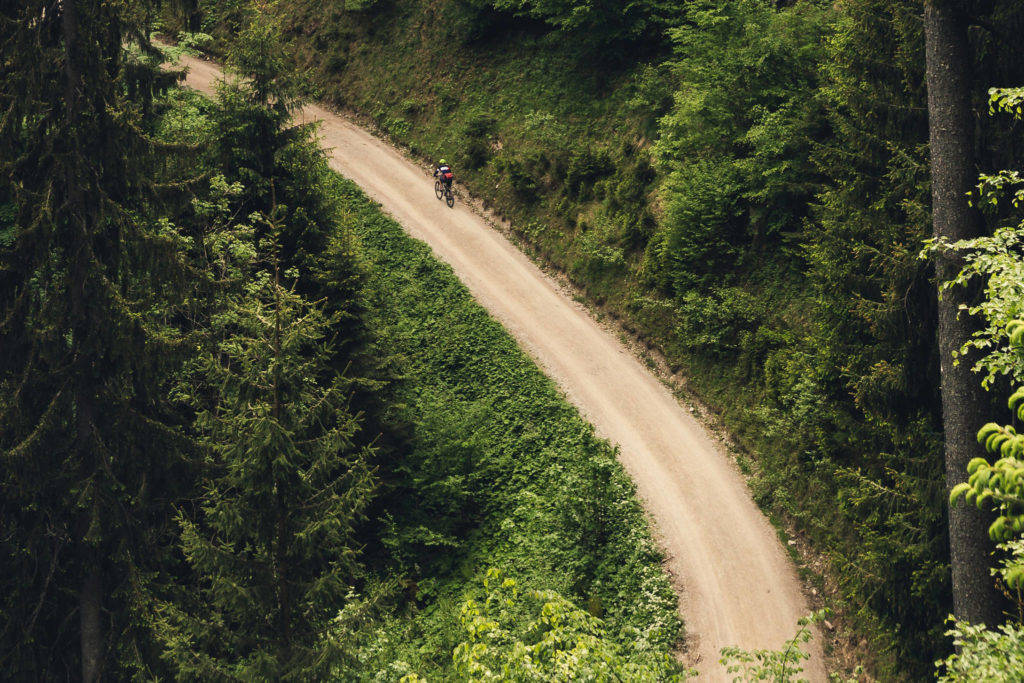During the pandemic, Alaska’s outdoors has been a key component of public health, providing space for activity and respite from the stress of global uncertainty. What if our greatest asset as a state, Alaska’s outdoors, could be part of building a strong, diversified economic future that supports our communities, promotes a healthy environment, and provides a healthy foundation for well-paid jobs and resilient businesses.
It can, and we should start now. Alaska currently ranks seventh among the top outdoor recreation economies in the United States. We believe Alaska can become the best outdoor economy in the world. Key investments in recreation infrastructure, workforce development, research and development in tourism and recreation economic opportunities, and support for the growing number of outdoor recreation and restoration businesses can shape Alaska’s future for the benefit of Alaskans, our communities, and visitors.
[Now’s the time for a CCC-inspired effort]
But, this requires dedication, coordination and leadership across the state. It also requires resources and equitable access to those resources. Coast to coast, case studies prove that when communities consciously choose so, investing in outdoor recreation powers economic revitalization in towns once defined by gold, coal, molybdenum, timber, railroad and textile industries. US Bureau of Economic Analysis data from 2018 shows that Alaska’s outdoor recreation sector grew 19 percent, even as the state’s overall economy declined by 9 percent. We can make a strong case that now, more than ever, we need more support from the state and federal government to rebuild our economy with an eye toward resiliency. Alaskan businesses, non-profits, agencies, and community organizations stand ready to get to work, but here is what we need:
• Funding for outdoor recreation and restoration jobs. We find inspiration in the original Civilian Conservation Corp concept that helped pull the U.S. out of the Great Depression. In Alaska, CCC projects included trails, public facilities and government buildings, ecosystem restoration like tree planting and flood control, and cultural preservation at totem parks and ceremonial houses. Today, tourism businesses, along with agency, non-profit and tribal partners, are ready to rebuild the Civilian Conservation Corps under a 21st century model that will use covid-19 recovery and stimulus funds to complete projects on land and water in communities rich in outdoor recreation potential but lacking the resources to build and maintain trails, shelters and cabins, or provide internet services to residents and guests.
• Investment in capital improvement projects and funding to complete deferred maintenance projects that range from providing mooring buoys for a local trailhead in a Southeast Alaska community, to playground equipment for municipal parks, or road improvements for Denali National Park. Investing in capital improvements can help build landscape-level recreation and restoration initiatives, from filling gaps to complete the southern 186 miles of the Iditarod Trail, to cross-island mountain bike trails in the Tongass, bolstering the integration of culture- and nature-based tourism assets, and amplifying efforts to restore fish and wildlife habitat.
• The most important component of a statewide commitment to outdoor economies is the work we need to do together. Business and community leaders, non-profits, land managers, elected leaders, outdoor recreation enthusiasts, restoration scientists, healthcare providers and educators — all of us together can create a movement rooted and inspired by this place we call home — an alliance for Alaska.
• Lee Hart, Alaska Outdoor Alliance; Chris Beck, Alaska Trails; Dan Blanchard, UnCruise Adventures; Natalie Dawson, Haines Huts; Camille Ferguson, Sitka Tribe of Alaska; Beth Nordlund, Anchorage Park Foundation; and Michele Stevens, Petersville Community Non-Profit Corporation.Hart is the founder of the Alaska Outdoor Alliance. Beck, Blanchard, Dawson, Ferguson, Nordlund and Stevens are AOA advisers. Columns, My Turns and Letters to the Editor represent the view of the author, not the view of the Juneau Empire. Have something to say? Here’s how to submit a My Turn or letter.

